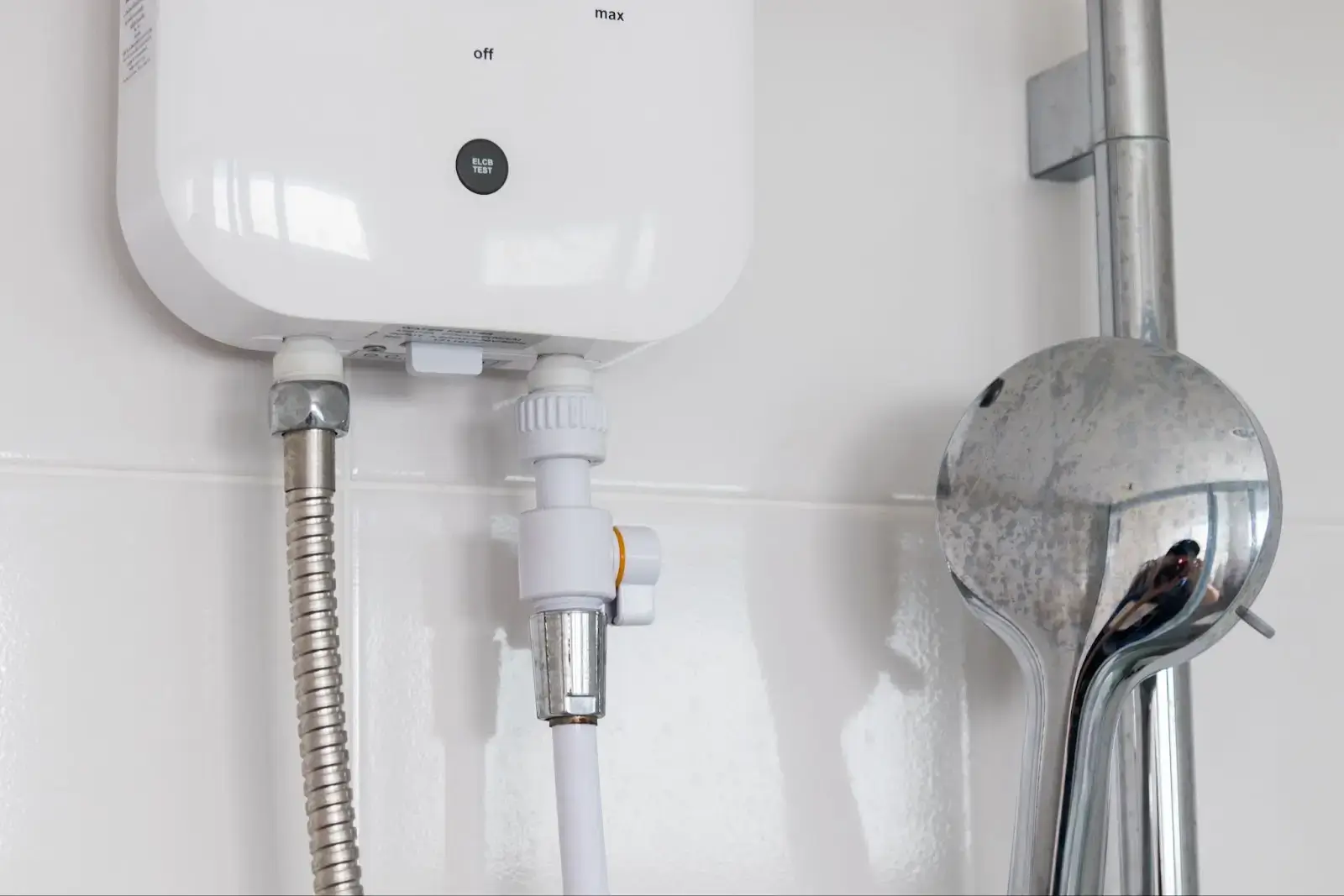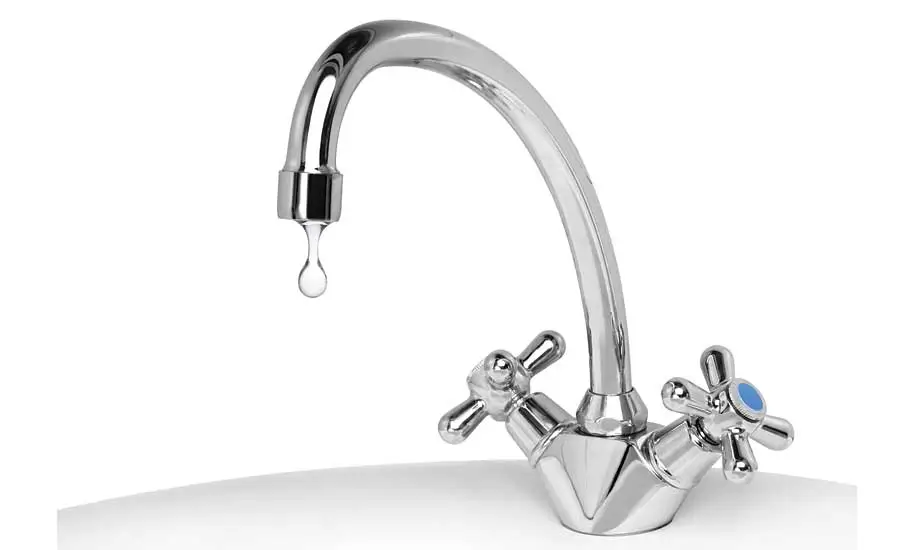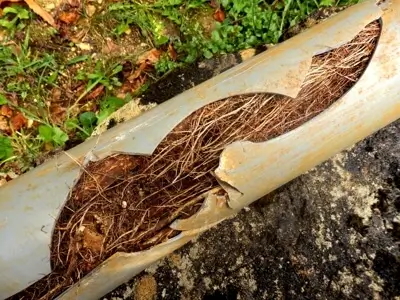Circuit breaker trips can be a hassle, especially with your home's AC system.
Your air conditioner can suffer from a bad circuit breaker which may affect all its electrical wiring. The air conditioner circuit breaker is linked to the electrical panel, which controls all electric current flowing through your air conditioning system.
Remember to look for any lasting effects on your AC units the next time your AC trips. Inspect your entire air conditioner, from its fan motor to the evaporator coil.
A short circuit can bring down the entire AC unit altogether or leave long-term effects that won't hit you until it's too late. Without regular maintenance, your entire system may shorten its expected lifespan.
Don't worry; there are preventive and corrective measures against air conditioners constantly tripping the circuit breaker.
Here, you will find some helpful tips if your AC circuit breaker keeps tripping.
Circuit Breaker Keeps Tripping on AC: Is It Common?
You can expect circuit breaker trips now and then thanks to faulty wires connected to your air conditioner. It is most common in air conditioners with poor maintenance or faulty installation.
Loose wiring, electrical short circuits, and too much power coursing through your air conditioner may result in mechanical failure. However, exposure and normal wear and tear may also lead to circuit breaker failure.
You may notice the hindered heating and cooling are thanks to a grounded compressor and other issues with your outdoor unit.
Will My AC Unit Be Damaged?
Yes. The outdoor unit is linked to the inside unit, and a compressor failure may cause extensive damage to your air conditioner.
The outside AC unit houses critical components and is vital to absorb or disperse heat particles to manage indoor temperatures. Problems with your outdoor unit snowball faster, causing more destructive damage.
Remember to monitor your outside AC unit if you suspect any electrical concerns. It is best to call an AC technician when you notice anything unusual about your air conditioning unit.
A one-time power surge can throw your entire compressor out of sorts. As your compressor ages, minor issues such as breaker trips are enough to cause a total system failure.
Knowing where to look and what to do when certain events occur is how you avoid costly repairs and health and safety risks.
Get to Know Your AC Circuit Breaker
You should know your entire air conditioning system, including its proper placement, starting with the circuit breaker.
If you have ever called customer services, you have probably heard, "have you tried switching it off and back on again?"
Hearing those words while dealing with a malfunctioning air conditioner in the middle of summer is enough to tug on anyone's patience. However, there's a reason why that is everyone's go-to remedy.
Restarting appliances may be enough to reset faulty electrical distribution. Your malfunctioning AC system may benefit from a quick reboot to get things up and running again.
It's a simple yet effective remedy. However, not everyone knows where the air conditioner circuit breaker is.
While there is more than one circuit breaker in your home, only one main control panel facilitates all energy distribution. The main circuit breaker is linked to independent circuit panels within your appliances.
A licensed AC tech may access the internal air conditioner circuit breaker using proper tools and techniques. If you don't have those, you should stick to more accessible circuit breakers.
Tripping the Breaker: Where Is It?
You may find your home's circuit breaker in any of these areas:
- Basement
- Crawl space
- Attic
- Utility room
- Garage
- Stock room
However, every home is different. You may also live in a shared home or residential facility and not have access to certain areas, such as the control room.
If this is the case, there should still be an independent circuit breaker that's only linked to your appliances and accessible to you. Call your building's superintendent or manager to find out where your circuit breaker is.
Otherwise, you should reach out to an HVAC specialist. If you can easily access your home's circuit breaker, here's what you should do next.
The AC Circuit Breaker Switch
All your appliances are linked to a collective power supply, including your AC system. You can control electrical distribution through the circuit breaker by facilitating your appliances' access to your home's power supply.
You can turn your air conditioner off with an independent thermostat. However, your AC unit will continue receiving electrical current without running.
You can cut or divert power from your air conditioner by accessing your home's circuit breaker and switching the AC Unit "OFF" on the circuit breaker.
You can prevent any electricity from getting to the air conditioner, and your air conditioner should start up like new again, spending enough time without power.
Tripping the Breaker: Breaking down the how-to step by step
Here's how you can restart your air conditioner using the circuit breaker:
- Turn your air conditioner OFF using the thermostat or remote controller.
- Go into your home's circuit breaker and turn the corresponding switch linked to the air conditioner to the OFF setting.
- Wait at least 30 seconds or up to five minutes before switching it back on.
- BEFORE YOU TURN THE AC ON - Shift the temperature on your thermostat or remote controller to at least 5 degrees below the current room temperature.
- Turn your air conditioning system ON using the thermostat or remote controller.
If the internal AC breaker does not respond to external commands, withholding power for enough time may help jump-start the wiring of your AC unit. Still, you may resolve only some things by tripping the breaker.
The circuit breaker keeps tripping: on its own
Your AC breaker malfunctioning can set off various problems, even causing coils and motors to go haywire. Too much electricity without proper distribution may fry coils and motors, rendering them useless or dangerous to other components.
While tripping the circuit breaker may prevent your air conditioner from overheating due to excess power, it is not an all-encompassing solution.
If an AC breaker trips automatically, there may be internal wiring issues. Your AC tripping may be due to your air conditioner consuming more power than needed to draw air and alter temperatures.
In other words, your AC breaker tripping may be part of its system's safety functions. The AC keeps tripping to prevent more power from entering the inside or outside unit, preventing overheating.
However, there are more than built-in security functions that may cause your air conditioners to short circuit.
What Causes Faulty AC Tripping?
Suppose your air conditioner circuit breaker keeps tripping to prevent excessive power consumption. In that case, your condenser unit might produce loud noises and noticeable vibrations.
Whether part of safety features or not, it's best to reach out to someone who knows what to do with that information. If your air conditioner acts unusually or gets too loud, don't attempt dismantling either of its units.
Additionally, an electrical short circuit somewhere in the system will eventually domino, affecting other links. The most common causes often include wiring issues.
Loose Wiring
Depending on the installation of your AC system, the AC circuit breaker may be unstable. It is less probable for an AC system unwarrantedly tripping breakers when all wires are properly and securely linked to corresponding transmitters.
However, improper installation and normal wear and tear may loosen wiring. The weak link in the chain may cause power disruption, leading others to compensate or deliver power with nowhere to go.
Live wires may cause electrocution and should never be handled without proper safety equipment.
Excess power surge
The problem with loose wiring is that wires are only partially disconnected from the unit or its power supply. While it isn't secured enough to transmit electricity properly, it may still have a current running through it.
Wires moving through the motions may eventually reconnect long enough to deliver more than sufficient power. More electricity suddenly surging through the AC unit may harm its components, throwing the AC blower or fan motor into overdrive.
Faulty Compressor
Air conditioner overheating may be stopped by cutting its power supply. Safety configurations tripping the breaker may be enough to keep excess power at bay and prevent electrical damage.
An automatic tripping breaker won't fix a faulty compressor or clean dirty condenser coils. However, these automated safety features help prevent electrical issues from spreading and provide technicians enough time to conduct an AC repair safely.
Faulty components can hinder safety configurations from resolving problems by simply tripping the breaker. Still, cutting the power supply from the main line should be your go-to move.
Damaged Refrigerant lines
Even condenser coils are affected by too much electricity. You may notice warm air from the indoor unit caused by a broken coil fan with hyperactive fan blades.
A refrigerant leak may loom around the corner when your condenser coils are affected by a faulty tripping breaker. It doesn't sound as far-fetched, considering electricity facilitates all appliances and their functions.
Unnecessary electricity causes components to overcompensate and may lead to refrigerant pressure breaking through lines and saturating condenser coils. An unstable tripping breaker can do more than cause dirty condenser coils.
Should I Call an AC Technician?
It's best to stay vigilant about your AC unit, especially with anything involving the circuit breaker.
Routine HVAC system maintenance can save your AC unit from suffering unwarranted breakdowns. Call an HVAC technician if your circuit breaker keeps tripping or for other heat pump services.
You will be glad you did when your home is at a comfortable temperature against extreme weather conditions outdoors.
Reliable AC Repair in Portland, OR
Professional services are highly beneficial, from cleaning dirty condenser coils, replacing dirty air filters, replacing frayed wires, and spotting weak links in your AC unit.
Remember, not all HVAC systems are created equal, and not all AC repair services are as reliable as others.
Trust only Portland's finest AC technicians if you need effective, affordable services.
Sunset Heating, Cooling, and Electrical
If your AC circuit breaker keeps tripping or frozen evaporator coils result in total compressor failure, you can count on Sunset Heating and Cooling to be there.
Call us now to help you switch out that dirty air filter, stabilize electrical transmission, and lengthen the lifespan of your HVAC system before the heating or cooling season.
Call (503) 500-5866 for urgent AC services







